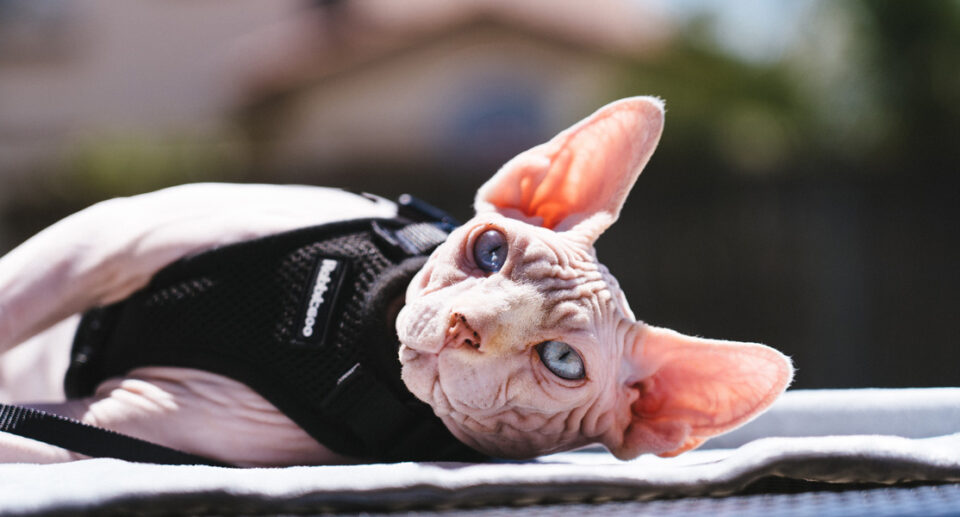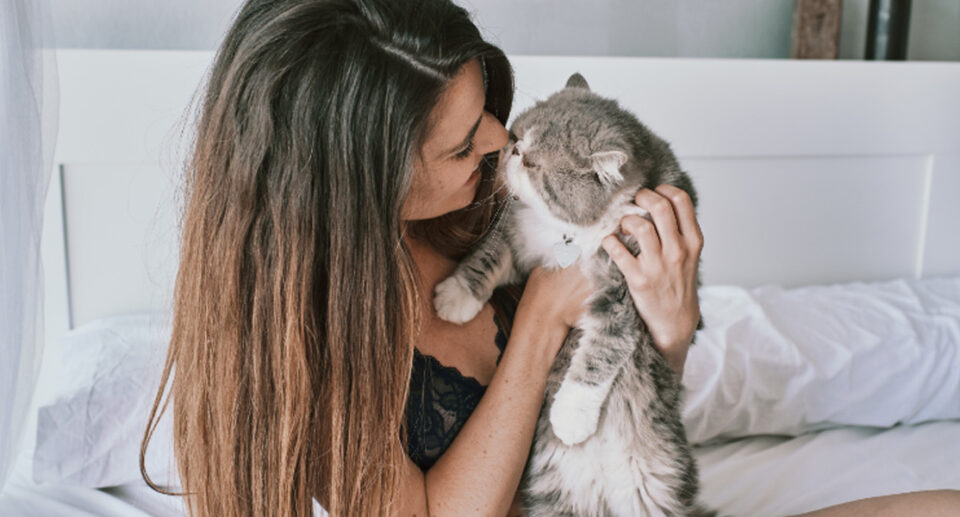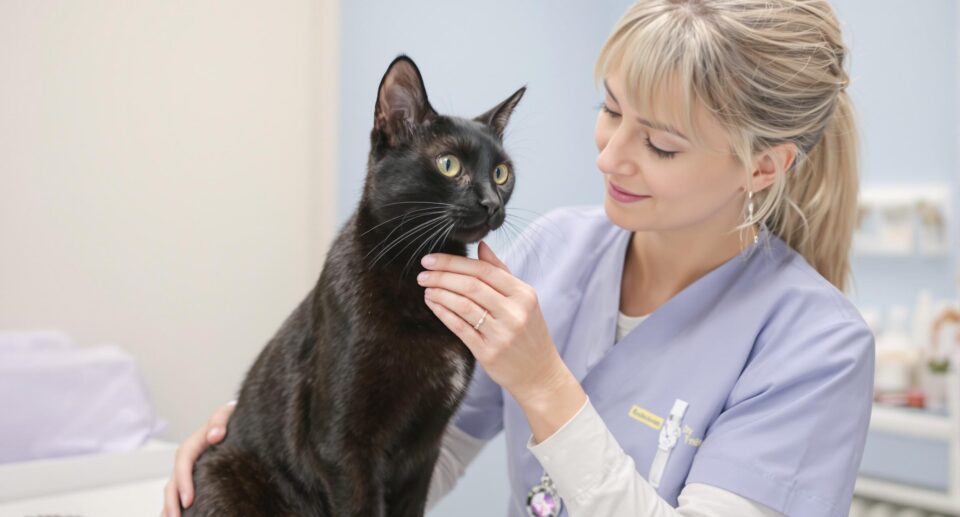Solutions for Your Cat’s Skin Infections

Causes of skin infections in cats can be quite varied. Trauma and bite wounds, external skin parasites (including ringworm and mange) and bacterial infections from underlying allergies (flea bites, inhalant/contact allergens, food allergies) may all cause cat skin infections. Viral infections such as feline leukemia virus and feline immunodeficiency virus may also predispose some cats to secondary skin infections.
Symptoms of skin infections in cats may include hair loss, crusting, scaling, swelling, papules, pustules, redness, and in some cases the development of pus and discharge. In cats with bite wounds, localized abscessed swellings may be quite painful, and appetite loss and fever may also develop. If wounds involve the extremities, varying amounts of limping may also occur. With bite wounds and abscesses, it is often best to have a thorough veterinary exam, since many cats with skin infections may need surgical drainage and antibiotic therapy to allow healing.
Open wounds
When cats have open wounds, it often helps to clean and flush the wounds with dilute antibacterial soaps, such as iodine solutions or chlorihexidine products. Topical antibacterial products, including Bactoderm or Silver Sulfadiazine Cream 1% can be applied to the wounds to prevent secondary bacterial infections. Protecting open wounds with a product such as Miracle Care Liquid Bandage Spray is also recommended to prevent further infections.
Bacterial infections (pyoderma)
Bacterial infections, known as pyoderma, are the most common cause of skin infections in cats. Pyoderma literally means pus on the skin. Typically, inflammation of the hair follicle leads to areas of hair loss, scaling, crusting, and ulcers. Primary papules and pustules may also be seen. Some cats develop significant skin lesions, including plaques or granulomas, which appear like raised growths on the skin. These often occur secondary to underlying allergies (flea bites, inhalant/contact allergens, food allergies). Topical shampoo therapy with products such as Malapet Shampoo or KetoChlor Shampoo may help when used once to twice a week. Topical antibacterial products including Bactoderm are also effective in lessening bacterial overgrowth.
Skin infections (hot spots) caused by fleas
Hot spots may develop in many cats, often secondary to underlying flea bite allergies. The areas affected typically include the lower lumbar spine, and your cat may have localized hair loss, crusting, and pus-filled dried discharge on the skin. These areas can be quite painful, as secondary bacterial infections may often develop. Treatment involves clipping or shaving the hair in affected areas and applying a protector barrier like a liquid bandage. Topical antibiotics can also help. Many cats will need veterinary attention and require systemic antibiotic and sometimes anti-inflammatory therapy.
The best prevention of flea bite allergy-induced hot spots in cats includes a thorough flea preventative program, using products such as Flea5X Plus for Cats, Frontline Plus, or Advantage II. Revolution is another excellent product that prevents both fleas and internal parasites such as hookworms or heartworms.





